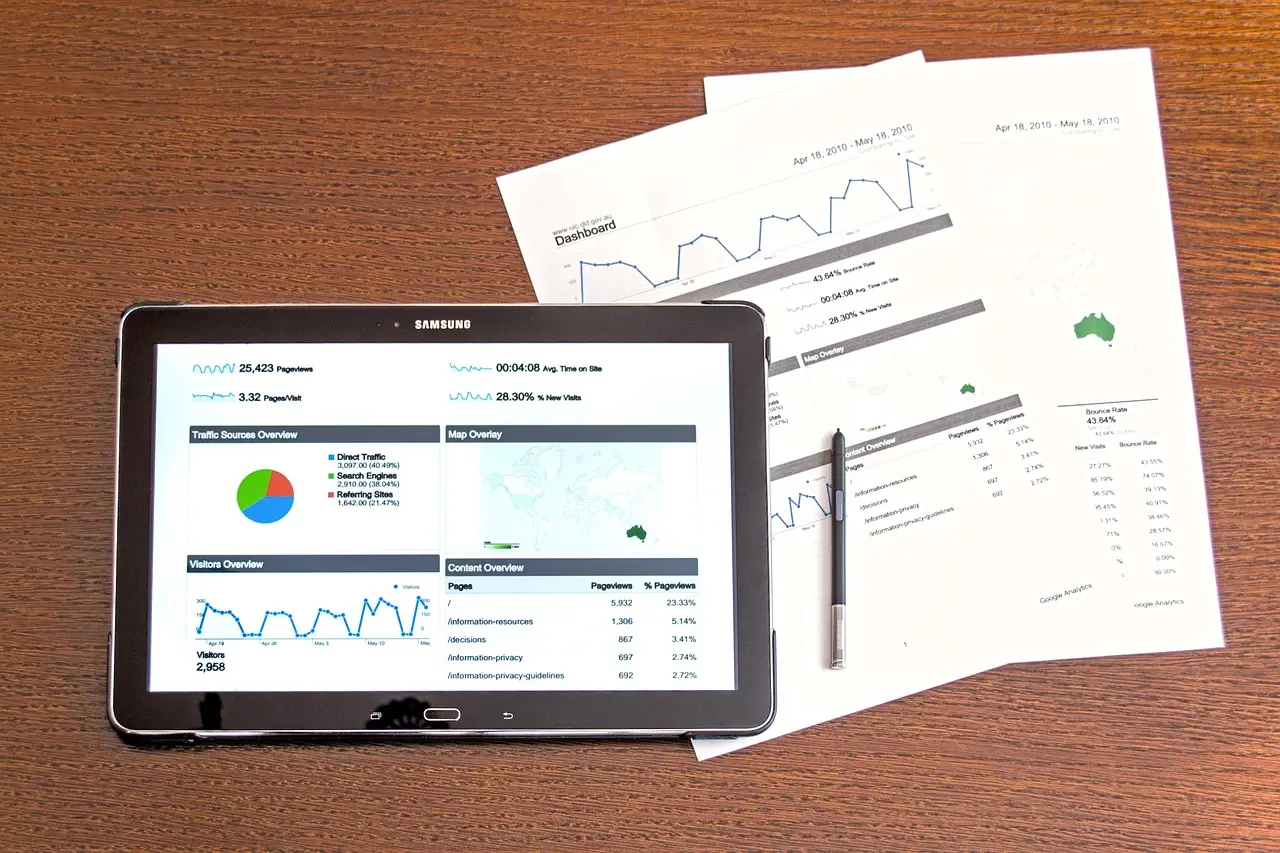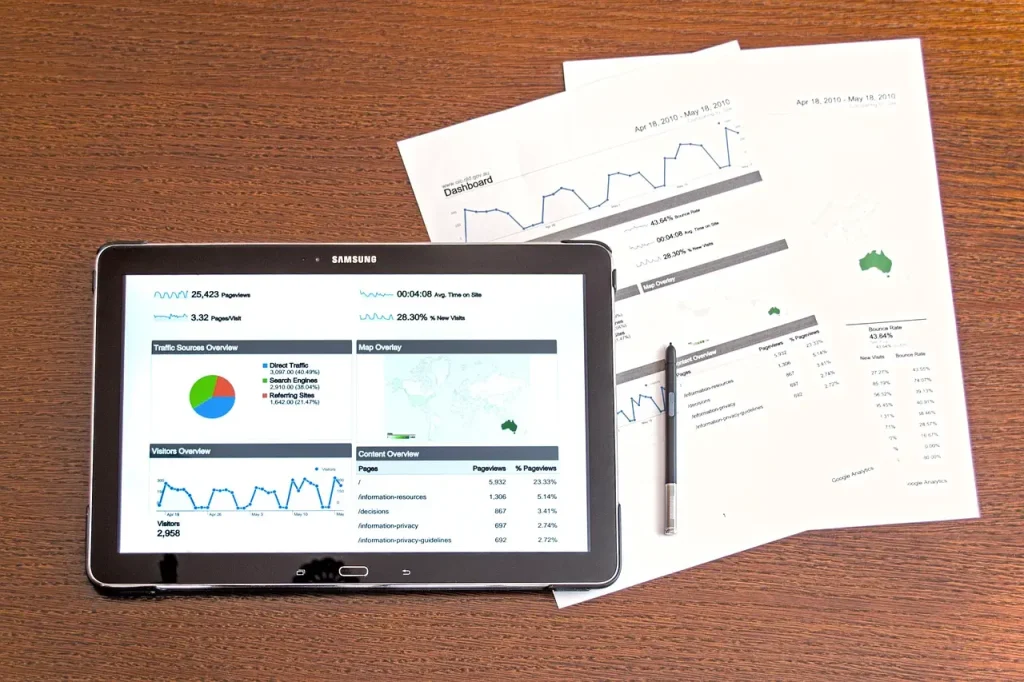
ZAGREB, August 28, 2020 – Due to the consequences of the coronacrisis, Croatia’s GDP contracted by a record 15.1% in the second quarter of 2020 compared to the same period last year and analysts expect a record fall in GDP for the entire year but note that the fall could be milder in the next two quarters.
The State Bureau of Statistics (DZS) released its initial estimates on Friday according to which GDP in the second quarter fell by 15.1% on the year, falling for the first time since mid-2014.
This is also the greatest fall since 1995 when the DZS started collecting data on GDP. Until now, the highest ever drop in GDP was recorded in Q1 2009, at the start of the global financial crisis.
Six analysts polled by Hina expected GDP to drop on the year by an average 13.9%, with their estimates ranging from 12% to 17%.
In the second half of March already economic activity was partially or completely halted in a bid to curb the spread of the Covid-19 pandemic, and together with exceptionally high uncertainly, this strongly impacted the business and consumer confidence index while leading to high rates of decline in almost all activities, analysts at the Raiffeisenbank Austria (RBA) said in a comment on the latest DZS figures.
Prior to the figures being released RBA analysis expected GDP in 2020 to contract by 8.5%.
“The latest figures confirm that the fall in 2020 will be significantly greater. The greatest contribution to the fall for the entire year will be the fall in personal consumption due to increased unemployment, reduced employment and decrease in available income whereas investments will decrease significantly or will be deferred under the influence of great uncertainty,” RBA analysts said.
Saravanja: The worst has passed
The sharp fall in GDP was expected. Drops were recorded in almost all of the most important segments and in double-digit figures at that, except for government expenditure…This year, due to the modest tourism season and lower investments, as a consequence of the fall in consumption, reserves have had a negative impact on GDP, Goran Saravanja of the Imelum consulting company said.
Saravanja expects GDP for the entire year to drop at a higher rate than in 2009, when the economy plunged by 7.4% at the start of the financial crisis.
The better-than-expected tourism season will buffer the fall in the next two quarters. “The worst has passed. We reached the bottom in the second quarter,” he added.
The fact that tourist turnover will be significantly lower than for the same period last year will result in an economic decline in the third quarter too.
According to Eurostat data, GDP in the EU fell by 11.7% compared to Q1 and by 14.1% on the year. Croatia’s figures are poorer than the European Union average.
As a consequence it is clear that Croatia’s economy will dive into a recession, which is defined as a GDP fall for two consecutive quarters.
For the latest travel info, bookmark our main travel info article, which is updated daily.
Read the Croatian Travel Update in your language – now available in 24 languages
Join the Total Croatia Travel INFO Viber community.










